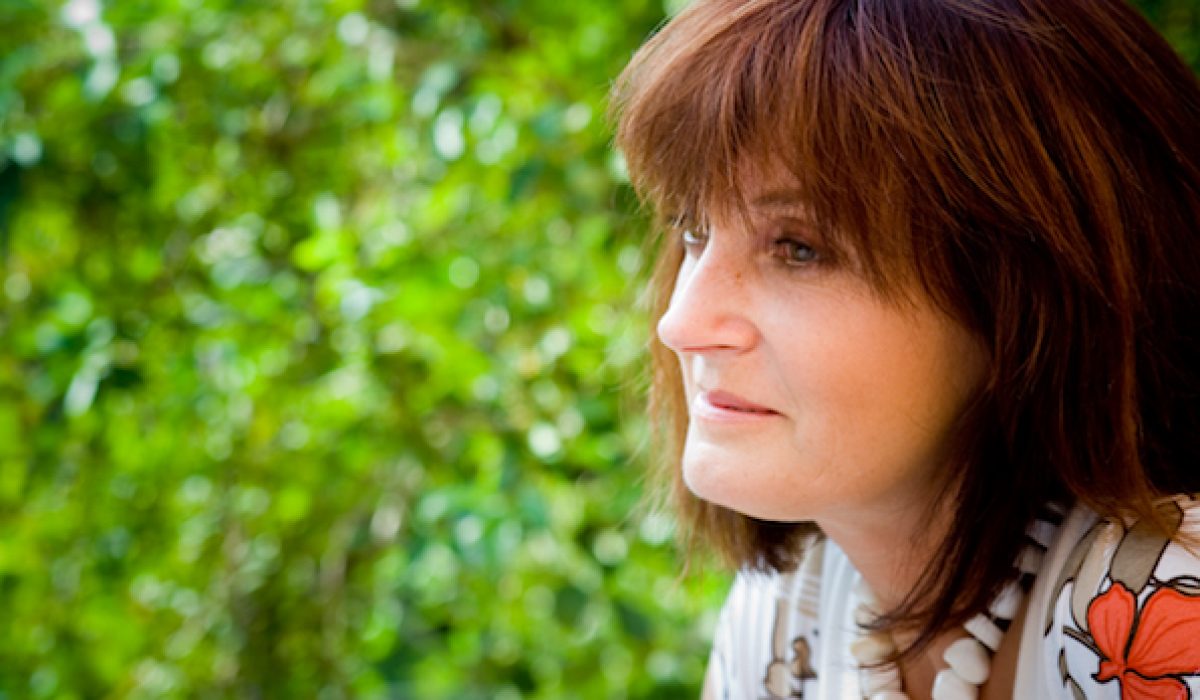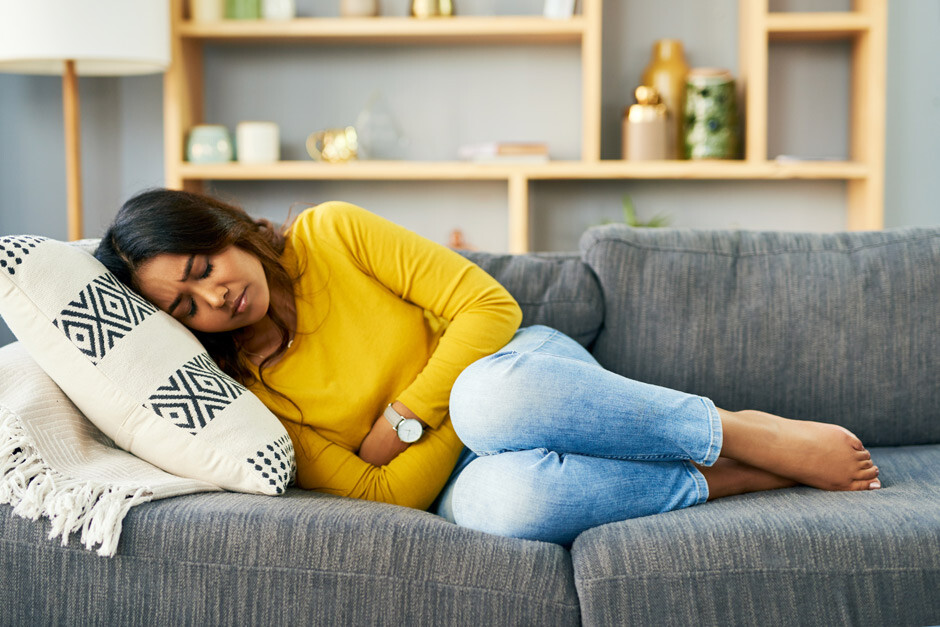What is the menopause, and explain how you can better prepare yourself for it.
Birth control, starting a family, the menopause; they’re all topics that are swept under the carpet, until they’re staring you in the face. Are we too embarrassed to talk? Is there some kind of social stigma attached to being open about our sexual health and wellbeing?
So many women experience the heartache of fertility issues because, in our youth, the emphasis is placed on how not to get pregnant. And so too with the menopause. One day you feel fine, the next you’re melting in the middle of winter and wondering why you have the onset of adult acne! And what did we do to prepare? What questions did we ask? Likely, nothing and none.
Now is a good time to start the conversation about menopause. The new TV show Girlfriends will bring welcome media coverage to the condition by featuring characters dealing with the issues surrounding menopause. In addition, Michelle Heaton is set to publish her menopause memoir Hot Flush in the spring.
What Is The Menopause?
The menopause affects around 13 million women at any one time in the UK1 and comes in three phases: perimenopause, menopause and postmenopause. Women are likely to start experiencing symptoms of perimenopause after the age of 40, whilst the average age for menopause is 512. Menopause is the 12-month period in time after a woman stops menstruating. Luteinizing Hormone (LH) and Follicle-Stimulating Hormone (FSH) are no longer able to regulate oestrogen, progesterone and testosterone levels as efficiently as before and the decline in these hormones can cause the health problems associated with menopause.
Can You Prepare For The Menopause?
The difficulty with the menopause is that relatively little is known about why certain symptoms, such as hot flushes, present themselves. On top of which, every woman’s experience of the menopause is different. Some women, for instance, will still have symptoms after 15 years, whilst others sail through relatively unscathed! However, as with everything, getting information and an understanding of what’s ahead is always likely to provide better outcomes.
Several studies have reported that women are more at risk from depression and anxiety, especially those with no previous history, whilst going through the menopause. It has been stated that there is a three-fold risk for the development of a major depressive episode3. So maybe the question should be: can we afford not to prepare for it?
Common Symptoms Of Menopause
- Hot flushes (5.2 years on average)
- Night sweats
- Sleep disturbances
- Decreased sexual desire
- Vaginal dryness
- Headaches
- Hair loss
- Skin issues (acne, thinning of the skin)
- Mental fog, cognitive deterioration
- Joint aches
It seems that there is not a lot to look forward to. However, these symptoms will not improve by just ignoring the facts – and trying to have a positive outlook will help in the long run.
What Can I Do To Prepare For The Menopause?
- Make sure that you are well informed. Seeking the advice of a medical professional will put your mind at ease. There are medical options, including HRT, for bothersome symptoms. Talking through the pros and cons of every treatment with your health provider is essential to get a good idea of how you want to deal with your symptoms when they arise.
- Keep your weight in check. Putting on weight is a very common complaint from women experiencing the menopause. It’s more important than ever that you get a good exercise routine in place, not only for dealing better with the symptoms, but for increasing body confidence and health in general as you age. Yoga especially has been reported to help alleviate symptoms, including hot flushes.
- Improving your diet is so important for all bodily functions and the same is true throughout the menopause. Calcium, iron and fibre are extremely important nutrients to keep in check during this time. Vegetables, dairy and unrefined sources of fibre such as brown rice and whole grain cereals will ensure that your body has all the nutrients it needs to deal with your changing body. Drinking water is important to keep hydrated and help flush out toxins4.
- Some supplements are believed to help with menopause symptoms too. Vitamins D, B and E along with evening primrose oil can help.
- Research treatment options such as HRT, testosterone patches, lubricants, cognitive behavioural therapy and alternative therapies.
- Some women suffer with problematic skin and a loss of supportive muscles can mean that skin begins to sag and lines and wrinkles become markedly present. Again, exercise and using good moisturisers will help.
- As melanin production slows, skin will appear whiter and age spots will appear. It’s vital to use an SPF 50 to protect the skin from the effects of sunlight and ageing. Exfoliation and massage will help invigorate the skin, shed dead skin and encourage cell renewal.
The most important thing to note is that with around 13 million of your contemporaries experiencing the same issues, you are not alone during the menopause. Suffering in silence is never a good idea, least of all because women are vulnerable emotionally and physically. Ovarian and uterine cancer are more common after the menopause, You should always report and investigate any abnormal bleeding which may be a sign of uterine cancer, lower or upper abdominal pain which may be a sign of ovarian cancer. A yearly screen by ultrasound and CA125 blood test has proved useful in early detection of ovarian cancer.
It is important that if you cannot cope with the symptoms you get help and if you think there is a problem, again seek medical advice. Online and advice and forums are fantastic for providing support systems and conversation with like-minded women.
Looking after yourself is key to making your menopause journey as easy as possible.
The Gynae Centre is London’s finest private women’s healthcare clinic. If you are concerned about or are experiencing symptoms of menopause, and would like to speak with one of our consultants, book an appointment by calling 020 7580 8090.






